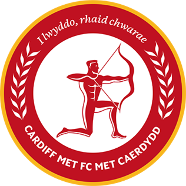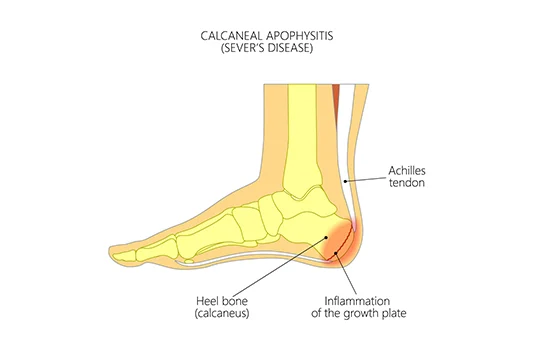
Ash’s Top 5 Exercises To Reduce Injury
Ash’s top 5 Exercises To Reduce Injury
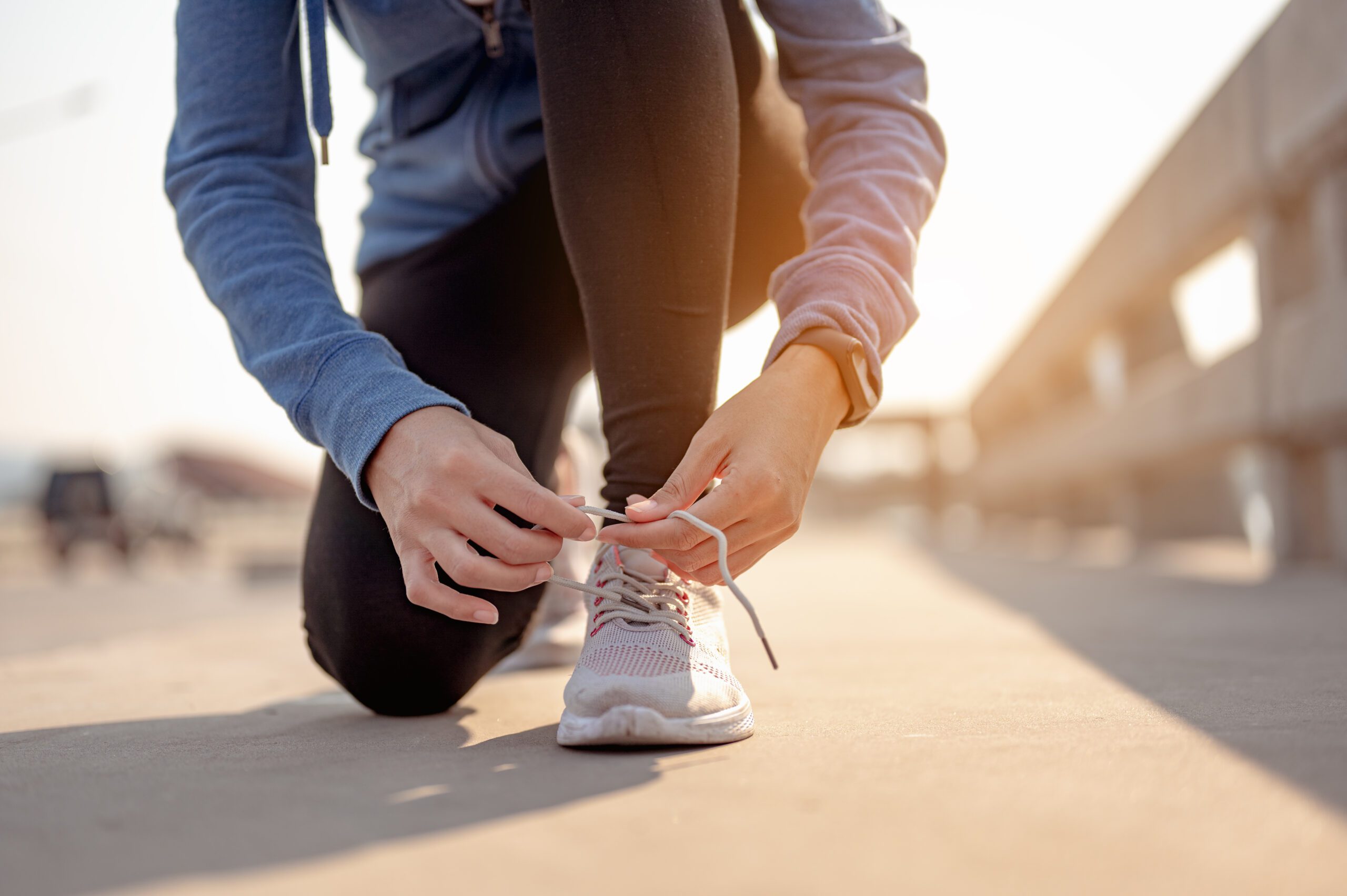
With the days getting longer, warmer weather around the corner and the possibility of reduced restrictions lots of people are coming in looking to start running or hitting the trails. Whether you have never run, looking to get back into it or reduced your activity due to lockdown restrictions there is always a risk of giving yourself an injury if you do not prepare for the sudden change in activity levels.
So here are a few tips to help you prepare to hit the ground running!
It is said that up to 3.5 x our body weight goes through our foot when we run. So, it makes sense that we need to strengthen up the muscles in our lower limb to allow us to handle this sort of load over and over again as we pound the pavement.
Just like I don’t like to overload my tissues when I start exercising, I also don’t like to overload clients with too many exercises either. Let’s keep it simple with five of my favourites to cover the main drivers of the lower leg when we run.
Ash’s Top 5 Exercises To Prevent Injury Risk
Calf Raises
Calf raises with heel drops – strengthen the big calf muscle (Gastrocnemius) whilst also helping load the Achilles tendon.
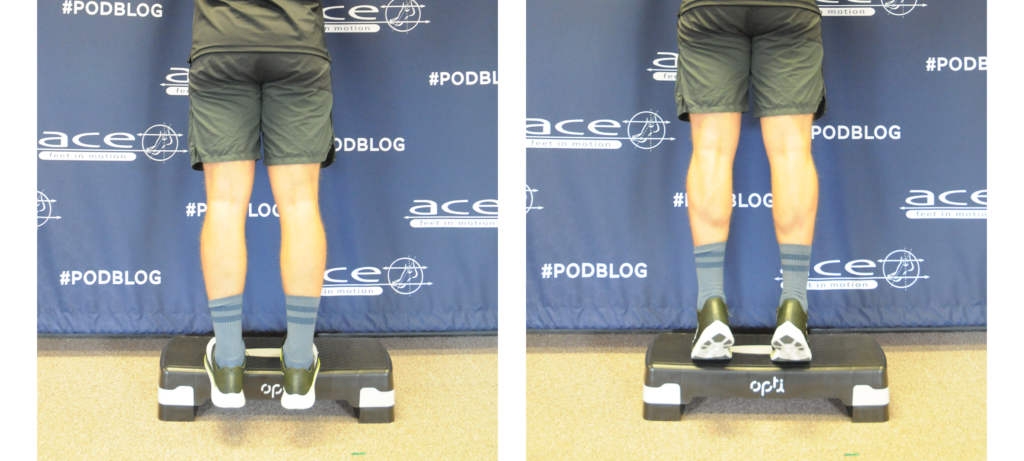
Bent Knee Raises
Bent knee heel raises – by bending the knee we are isolating the smaller calf muscle, the soleus. This has been shown to do a lot of heavy lifting when running since we rely on it to propel us forward.
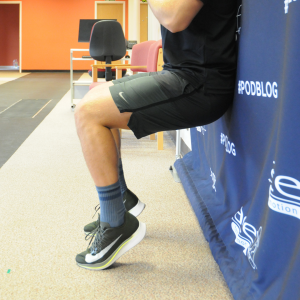
Single Leg Squats
Single leg squats – we spend a lot of time on one leg when we run so its important to strengthen the upper leg muscles to keep our hips level and torso upright.
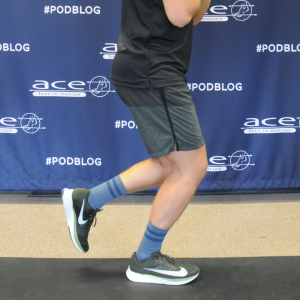
Inversion Resistance Band
Tibialis Posterior resistance band – Tib post is often neglected but this muscle is constantly worked with every step to allow the arch of the foot to lower and rise at the right time to efficiently progress from heel to toe.
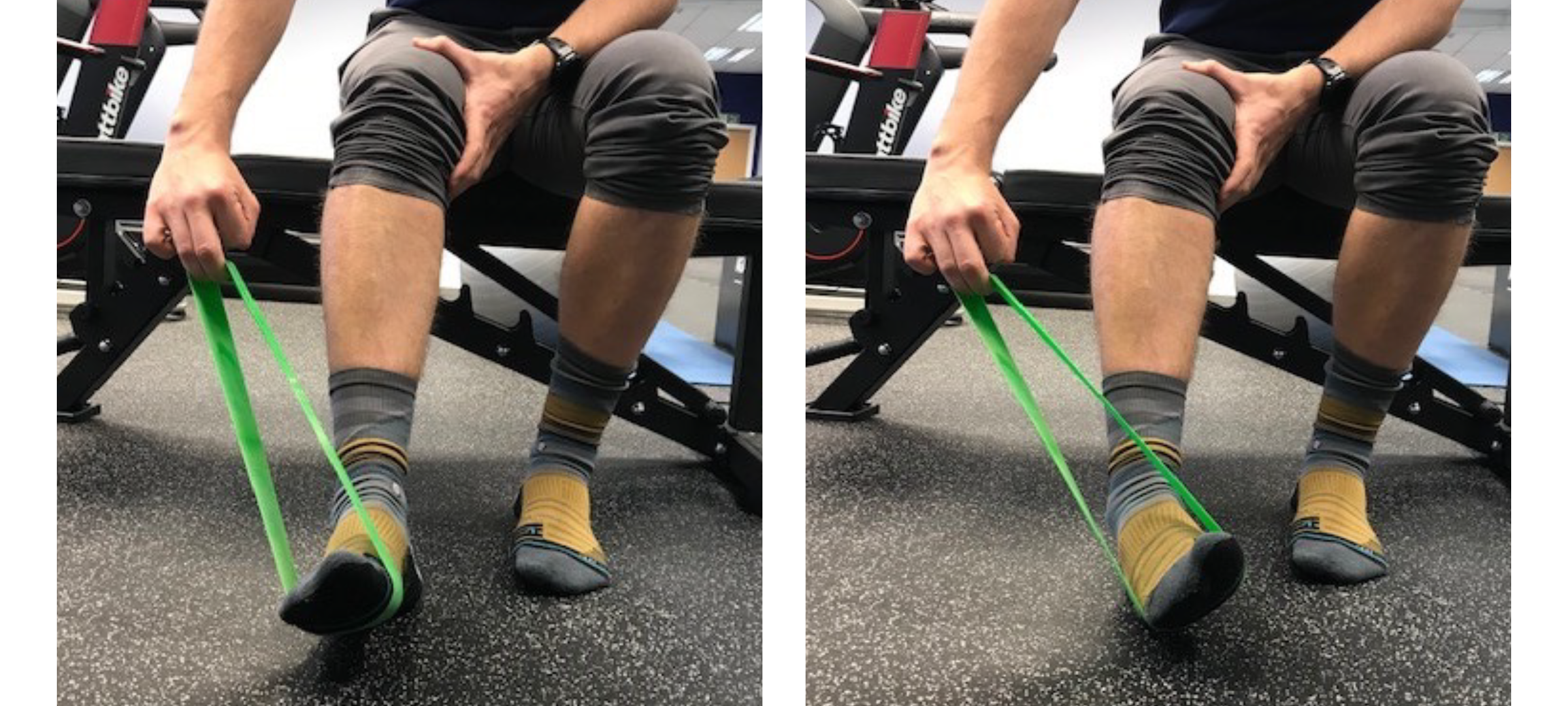
Anterior Strengthening
Tibialis anterior (shin muscle) strength – one of the more common running injuries when starting is Medial tibial stress syndrome or “shin splints”, so it is important that we strengthen the muscles on the front of our leg. Even though they play a smaller role they work in unison with our big calf muscles.
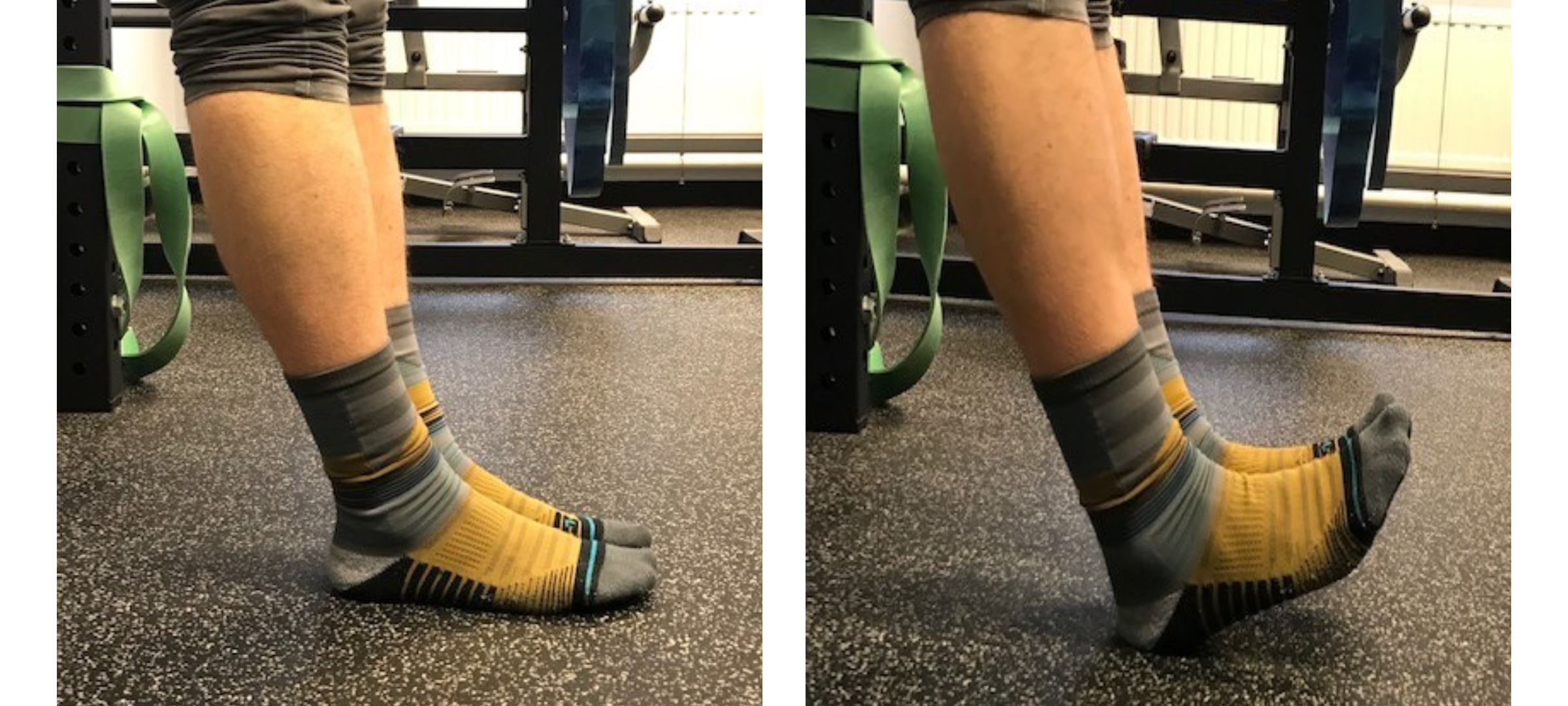
How Many Should I Do
I always refer to the Goldilocks principle when deciding how many of each exercise a client should do. You don’t want it too easy as it won’t increase the capacity of the muscle, but you don’t want it to be too difficult that you overload the muscle and cause an injury.
The ‘just right’ can be hard to define as its different for everyone. Beginning with 3 sets of 12 repetitions is a good starting point but then I ask clients to ask themselves is this challenging? Not too easy, not too hard but I am able to complete the exercise, but it challenged my muscles. Then adjust your exercises accordingly, if 3 sets of 12 was too difficult drop to 10 or 8. If it was too easy increase to 4 sets of 10 or 12. Each week you should be re-assessing your ability to complete the exercises with this in mind to get the best bang for your buck.
Give these a go on your rest days or if you’re limited for time, in the morning before an evening run or in the evening after a morning run.
All advice is of a general nature, if you have any specific issues or concerns we always recommend seeing a HCPC registered podiatrist for an individual assessment and advice.
Need help with your injury?
Click the button below to book an appointment with one of our HCPC Registered Podiatrists today!
Customer Support
At ACE we don’t just manufacture insoles we offer our customers market-leading support. If you have any questions about your patient’s needs or feel as if you would benefit from a chat with one of our experienced podiatrists then that can be arranged. We are here to help you offer the best insoles to your patients.
Contact information
Official partners
